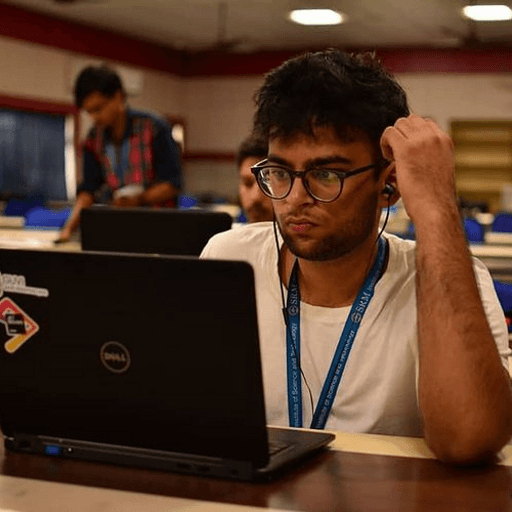The DevOps movement emerged from the confusion in IT operations and software development projects. The field has had over 15 years to boil and perfect itself! But in comes the prodigal buzzword, Machine Learning. The word is not just eye-catching in your presentations but an integral part of automation and production in various startups and organizations now! So, where will Machine Learning find its place in the world of DevOps?

Before diving into how these fields complement (or defy?) each other, let us first look at the definitions for both!
What is DevOps?
DevOps fastens production and development using creative and innovative ways at the intersection of Developers and Operations teams. These practices have been cemented using a very meticulous and iterative collaborative process.

Working majorly at improving team communication and providing an efficient pipeline for better production, especially in software development.
What is MLOps?
MLOps diverges from your traditional DevOps by Machine Learning Pipeline into the mix. Organizations are keen to train machine learning in their products. The sudden influx of data and the abundance of sensors and technology begs the need for MLOps.

This field works toward bridging the gap between the software developers and machine learning engineers to integrate Machine Learning into existing stacks and architectures seamlessly.
What are the Main Differences between MLOps and DevOps?
MLOps builds upon the principles of DevOps. Unfortunately, the two have too many differences, requiring a different tech stack, staff, and architectures. (Check out A Guide to Setting up your MLOps Team!) Let us look at some of these differences!
Versions
A single MLOps pipeline goes through incomparable iterations than a DevOps pipeline. MLOps pipeline not only asks for a Version Control System for code, but it also demands a need for a system that also saves various versions of Data and Parameters, which originate from the sheer experiments data scientists have to do. (Explore some packages to work on your version control needs here.
Data Influx
MLOps pipelines demand the need of various data banks and data-related students as traditional DevOps pipelines are not focused on the coherent running of development and production without actual provisions for massive data intakes. Therefore, this data asks for detailed data-driven approaches when designing the architecture and data intakes.

Complexity
When integrating machine learning in their pipelines, developers and VCs seem to forget that we are not dealing with an executable file over here that can eventually fit your pipeline just by replacing the existing executable. Machine Learning is one of the vastest fields, with its models ranging from standard statistics to complex computer vision tasks to language processing to sentiment analysis to signal to process.

Different models come with different types of model files, like YAML, JSON, H5, Pickle, and various others, and other types of data intakes and outputs are expected. Optimizing a pipeline to suit these needs complexes existing code’s automation, communication, and modularity.
Monitoring
Monitoring a DevOps pipeline can become a complete task that involves an expensive study of scanning the entire lifecycle, including planning, development, integration, deployment, and maintenance. However, when we move to MLOps, the monitoring focus changes significantly.

An MLOps team is tasked to monitor the machine learning model precisely. The following tasks drive monitoring in MLOps:
Data Drift
Feature Importance
Model Accuracy
(You can delve deeper into Monitoring in MLOps here!)
Responsibilities
Both DevOps and MLOps exist to increase communication, collaboration, and automation between teams for better productivity. However, till now, we have discovered the various unique ways both of them go by achieving this. These unique ways are performed by very different staff, some of which we will go through.
DevOps is a very vast and ever-growing niche that requires an army of various skill sets. Some of the roles that exist and drive DevOps are:
Code Manager
Automation Architect
Software Developer
Software Tester
Security and Compliance Engineer (an integral part of the upcoming DevSecOps)
MLOps, the prodigal son of DevOps, comes with its array of roles fulfilled by even diverse minds. Some of the functions that exist in the field are:
Data Analyst
Data Scientist
Machine Learning Engineer
Data Engineer
Applied Researcher
Developer
You can check out more about MLOps roles and responsibilities.
Conclusion
Although there are many ways in which DevOps and MLOps differ and complement one another, the most straightforward approach to thinking about MLOps is as a specialized version of DevOps that focuses on machine learning applications. MLOps helps to maintain smooth integration between the creation and deployment of machine learning models by applying the ideas of DevOps to machine learning systems. This makes it possible to work on large-scale data projects.
Written By

Aryan Kargwal
Data Evangelist

